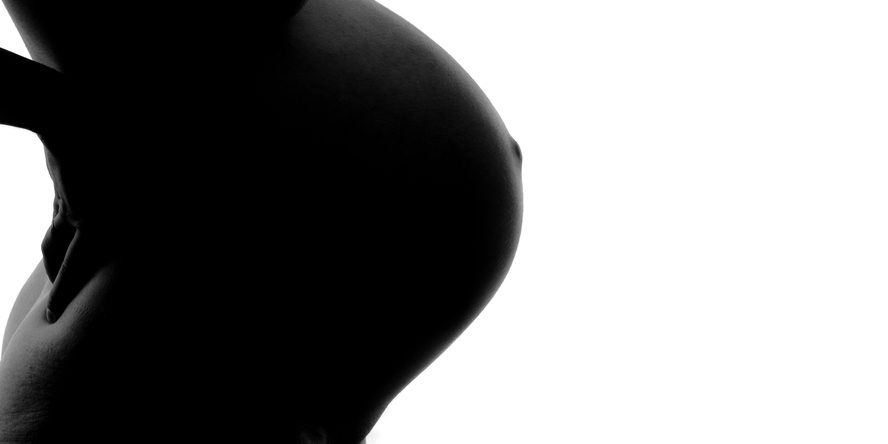A pregnancy may be considered high risk by an OBGYN in the Victorville area for a variety of reasons, but it is important that women in the High Desert region understand that being diagnosed with a high risk pregnancy is no reason to panic.
In most cases, it simply means that a woman will have to undergo more monitoring throughout her pregnancy in order to keep better track of not only the health, growth, and development of the baby, but also her own health. At Reza Ahmadinia OBGYN, the following factors typically contribute to a diagnosis of a high risk pregnancy.
What Factors Contribute to High Risk Pregnancies?
- A woman who has pre-existing health conditions when she gets pregnant may be considered high risk. For example, a woman who was diagnosed with fertility issues prior to becoming pregnant may need extra monitoring.Someone who has high blood pressure may need to be monitored more closely, especially toward the end of the pregnancy. Diabetes, kidney disease, obesity, and HIV/AIDS are all pre-existing health conditions that would result in a high risk pregnancy diagnosis.
- The age of the pregnant woman can make a pregnancy high risk. Women who become pregnant during their teenage years are often considered high risk because they are more likely to develop high blood pressure and also more likely to go into labor prior to their due date. They also are more prone to anemia.Women who are considered to be of advanced maternal age, typically over the age of 35, also are considered high risk. Women in this age group are more likely to experience long labors or labors that do not progress normally. They are at higher risk of a C-section and have a higher risk of carrying a baby with a genetic disorder, such as Down’s Syndrome.
- Factors related to a person’s lifestyle choices may contribute to a high risk pregnancy. Women who drink or smoke during pregnancy can put themselves and the baby at risk for health complications.
- The condition of the actual pregnancy may deem it high risk. For instance, a woman who is carrying twins or multiples will be considered high risk. A woman who has preeclampsia is considered high risk, and a woman who has gestational diabetes also will be considered high risk. Extra testing and monitoring may be required during the final months of the pregnancy.
If Dr. Ahmadinia has determined that you have a high risk pregnancy, be sure to talk with him about any and all questions and concerns that you might have. It might seem like a scary diagnosis, but try not to be alarmed. Your OB/GYN is simply trying to make sure that you have a happy, healthy and full-term pregnancy, and sometimes that requires taking extra precautions and measures throughout the next nine months.
By understanding why you are considered high risk and the things you can do to improve your health during your pregnancy, you will be able to enjoy pregnancy more and worry a little bit less.





